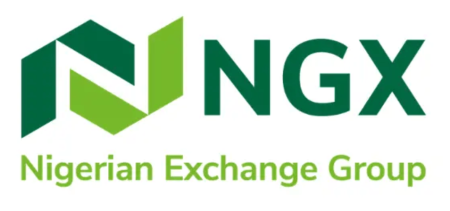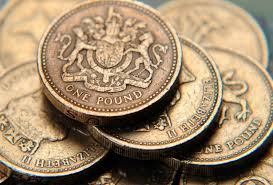
Lagos —
So far, cryptocurrencies and traditional commodities haven’t overlapped a great deal. At times there has been some talk of new cryptos that could be supported by commodities, such as Venezuela’s attempt to back cryptos with barrels of oil. But for the most part, there is little crossover. One could argue in fact that by their very nature, cryptos aren’t meant to be backed by or related to any other stores of value.
Really, any talk relating cryptos to commodities revolves around the idea that they are commodities of a certain kind. This is an idea that is increasingly accepted – though, in popular circles, people still seem to prefer to assess cryptos based on how they’re spent. This makes some sense given that opportunities to use cryptos as cash are, at long last, expanding. Consider a few examples:
Facebook – Perhaps the biggest headlines in crypto spending of late have revolved around the announcement of Facebook’s “Libra,” which will be brand new crypto. Supported by the social network, as well as some external backers, Libra will be used for various services associated with Facebook. It is widely expected that these services will include the purchase of goods through Facebook’s Marketplace, and potentially outside retailers.
Retail – Even beyond the potential just mentioned for Facebook purchases, there are more retailers accepting cryptos with each new month. Most of these are online, and they range from independent stores to massive international companies offering full ranges of products.
Gambling – Gambling businesses, including betting sites and casino gaming platforms, are also beginning to handle cryptocurrencies. These aren’t activities we all engage with on a day-to-day basis, like social networks or online retail, but they may represent the greatest potential for further crypto spending. The bigger gambling sites may still adopt cryptos, and gambling sites in U.S. states are still brand new, which means a there’s a massive market only starting to be tapped.
These and other developments explain why cryptos are still discussed largely with regard to how they can be used, or spent. Even as these possibilities have emerged though, the fact that cryptos are primarily commodities has become more inescapable. Spending opportunities may be getting more people interested, and generating more discussion, but the notion of cryptos as investment assets has taken off since bitcoin’s massive gains in 2017. And this means that we now have a fairly direct parallel to draw between the top cryptocurrencies on the market and more traditional commodities.
The question now is whether these new currencies actually have the potential to harm ordinary commodities’ prices and value in the long term. Granted, materials like crude oil have utility and value far beyond the investment community and face bigger challenges in the near future than the expansion of crypto interest. However, the interest investors are taking in cryptos is beginning to feel competitive. People are buying into cryptos to hedge against economic trends and downturns, to store and grow wealth over the long term, and to diversify their financial holdings. These match common reasons for investing in commodities – with the key difference being that cryptos are new and growing, and thus can be viewed (not necessarily accurately) as having more potential.
None of this is to suggest that crypto prices rising will directly result in, say, a drop-off in crude oil investment. However, even as we almost naturally keep tabs on new crypto spending opportunities, it is time to take more interest in how it could alter the commodity landscape. Should it become the powerful asset some believe it will be, it may in fact draw some investors away from more traditional options.



